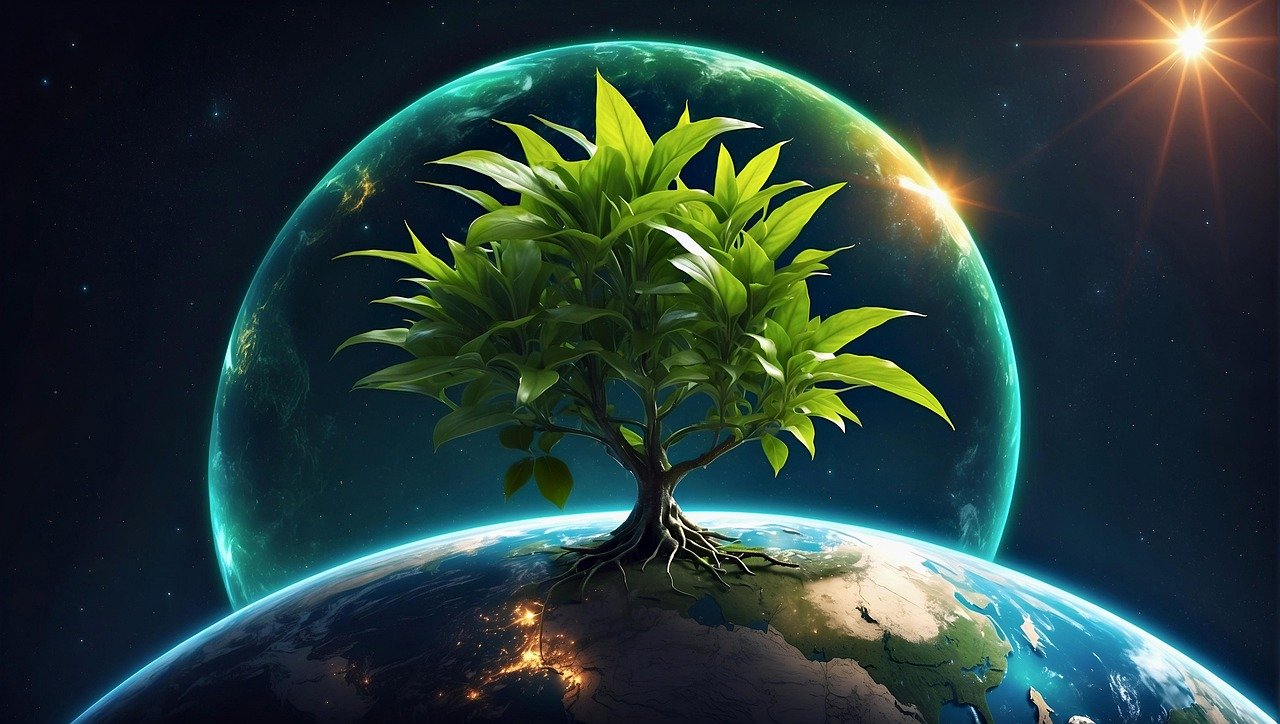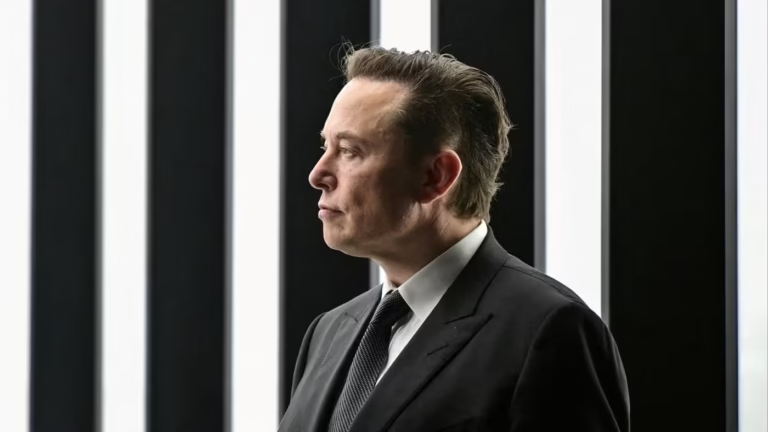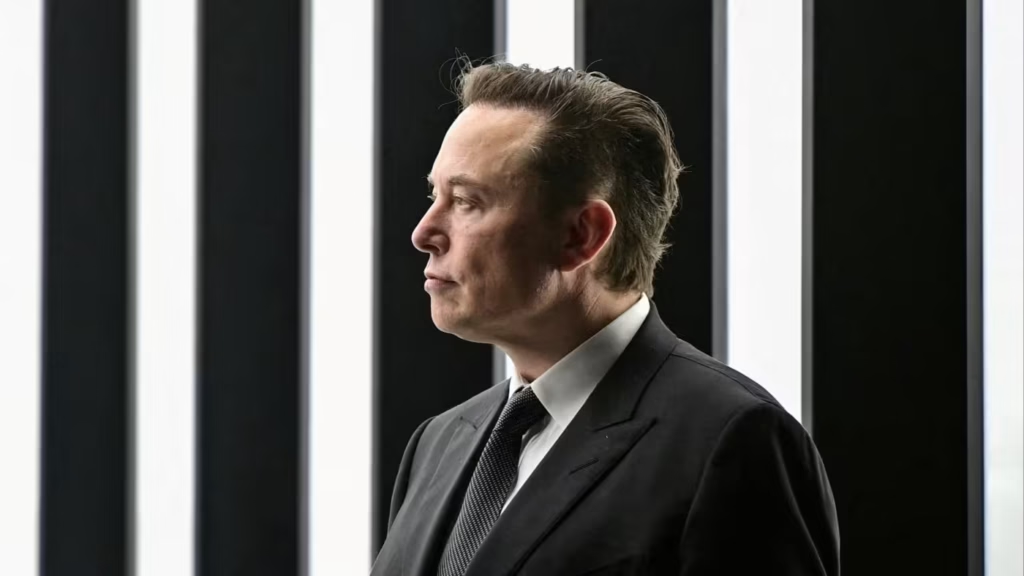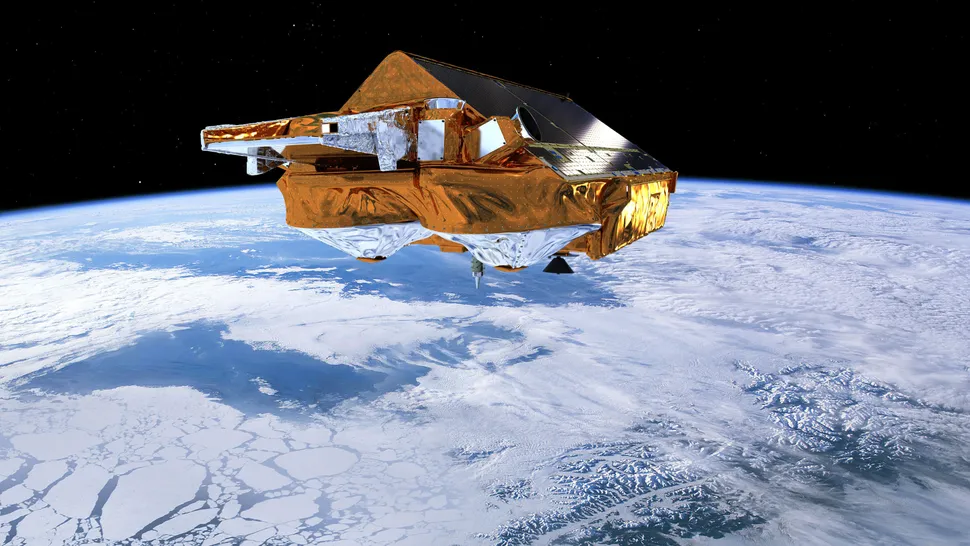Fifty‑five years after the first Earth Day, April 22 has matured from a counter‑culture teach‑in to the world’s most synchronised civic event. This year’s call—“Restore Together, Sustain Forever”—spurred millions to swap business‑as‑usual for business‑unusual: litter sweeps in Lahore, rooftop‑garden workshops in Lisbon, and live‑streamed policy round‑tables from São Paulo to Seoul. The mood was urgent yet upbeat, a global chorus saying: we’ve blown past awareness; it’s time for measurable impact.
A Day of Collective Resolve
- 10,000 native saplings took root in New York City parks, planted by schoolchildren who tagged each tree on an open‑data map for long‑term monitoring.
- Africa’s first Climate Hackathon convened in Nairobi, where coders raced to prototype AI tools tackling water scarcity and urban heat islands.
- A peaceful march in Berlin drew tens of thousands demanding tougher EU‑wide emissions caps.
#EarthDay2025 trended across six continents, turning TikTok climate challenges into real‑world pledges—everything from zero‑waste dorm rooms to community solar co‑ops. This diverse participation underscored one reality: climate stewardship is now mainstream, not niche.
Generation Z at the Helm
If any demographic owned the megaphone this year, it was Gen Z. Student alliances in India conducted a national tree‑census, geo‑tagging species for an AI‑powered biodiversity platform. In Brazil, 17‑year‑old activist Leila Mendez framed the stakes bluntly: “We’ve inherited a planet in crisis—and the skills to rescue it. That’s not a movement, it’s our mission.” Their preferred tools—smartphones, satellite data, and viral storytelling—are turning climate action into a participatory sport rather than a spectator event.
Business and Governments Raise the Bar
Earth Day’s modern metric isn’t how many speeches were made; it’s how many commitments were signed in ink:
| Sector | Fresh 2025 Pledge | Target Year |
| Unilever | Convert 100 % of global logistics fleet to EVs | 2028 |
| Amazon Web Services | Run all data‑centres on renewables | 2026 |
| Saudi Green Initiative | Launch large‑scale desert‑rewilding corridors | 2030 |
| UN Climate Transparency Hub | Real‑time dashboard tracking national Paris‑Agreement progress | 2025 |
Such headline promises add pressure for follow‑through, but they also normalize sustainability as core strategy rather than CSR décor.
Science Issues a Stark Reminder
Behind the celebrations, climate scientists served a sobering slide‑deck: sea‑level rise is accelerating, and the carbon budget for 1.5 °C could be exhausted before the decade ends. An IPCC spokesperson minced no words—“Public participation is no longer optional; it is survival.”
One Earth, One Future
Earth Day 2025 proved environmentalism is no longer confined to labs, NGOs, or niche conferences. It is a boardroom KPI, a classroom project, and a neighborhood clean‑up all at once. The path to net‑zero remains steep, but the day’s global response delivered a clear takeaway: when billions act in concert, progress moves from possible to inevitable. The only real question now is how fast we can scale today’s momentum into tomorrow’s measurable climate wins.
For more news and updates, please visit This Page.















